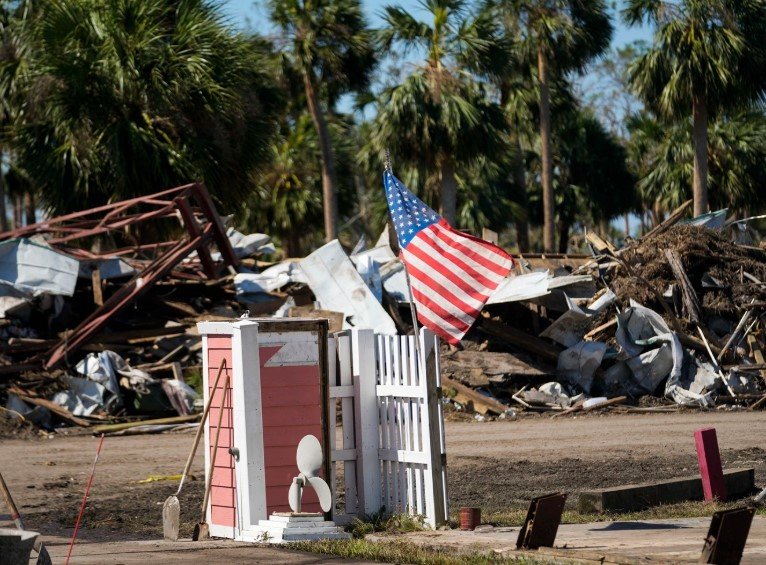Relief Package Expands to Support Farmers, Timber Owners, and Local Communities
Georgia lawmakers have pushed forward a significant financial relief effort, approving $300 million in tax breaks aimed at helping farmers, timberland owners, and local communities still reeling from Hurricane Helene’s devastation. The package builds on the $862 million already earmarked for recovery efforts after the storm ripped through the eastern half of the state last September.
A Lifeline for Farmers and Timber Owners
The heart of the tax break package focuses on farmers and timber owners — two groups hit especially hard by the hurricane’s path. House Majority Whip James Burchett, a Republican from Waycross, emphasized the bill’s importance, calling it a targeted approach to ease the financial burden on Georgia’s agricultural backbone.
The bill includes:
- Exemptions on federal crop insurance and disaster payments — worth an estimated $140 million in state income tax relief.
- Tax credits for timberland owners who replant trees on damaged land, providing up to $550 per acre in 66 disaster-designated counties — valued between $83 million and $104 million through 2030.
- State and local sales tax waivers for rebuilding essential structures like barns, fences, and chicken houses.
- Temporary county tax waivers on timber harvested between October 1, 2024, and the end of 2025 — costing the state around $17.4 million to cover lost local revenue.
“When you go from Valdosta to Augusta, it’s pretty devastating,” said Sen. Russ Goodman, a Republican from Cogdell. “People have lost their retirement, their children’s inheritance — it’s not just trees. It’s their entire future.”

Federal Relief and Local Challenges
Farmers are already tapping into federal disaster aid. Georgia’s agricultural sector is expected to receive around $2.4 billion from a $30.8 billion disaster relief fund Congress passed in December. On top of that, the U.S. Department of Agriculture recently opened applications for an additional $10 billion in aid for farmers impacted by rising fertilizer costs and falling crop prices.
However, despite the funds being allocated, many farmers say they haven’t seen the money yet. Agriculture Secretary Brooke Rollins acknowledged the delays during a recent visit to Atlanta, stating the department is working to meet the deadlines set by Congress. Frustration is growing, though, with farmers needing immediate relief to keep their operations afloat.
Clearing Land, Preventing Fire Hazards
Beyond tax breaks, Georgia lawmakers also approved $285 million earlier this month to help farmers clear debris and downed trees. One key concern is the fire hazard posed by uprooted timber left to rot — a dangerous side effect of hurricane damage that could spark wildfires across the rural landscape.
The funding will support:
- Low-interest loans to farmers for rebuilding efforts.
- Grants totaling $25 million for nonprofits assisting individuals in hard-hit areas.
- State-led removal of debris on private lands to mitigate fire risks.
Local leaders have praised the package but warn that long-term recovery will require more than financial aid. Rebuilding infrastructure, replanting forests, and restoring communities will take years — possibly decades — to fully bounce back.
Looking Ahead: What Comes Next?
With the bill now on Governor Brian Kemp’s desk, expectations are high for swift approval. Lawmakers from both sides of the aisle backed the measure unanimously, underscoring the urgency of the situation.
For many families, the relief package represents more than just financial aid. It’s a shot at rebuilding their lives — one acre, one barn, one tree at a time.
